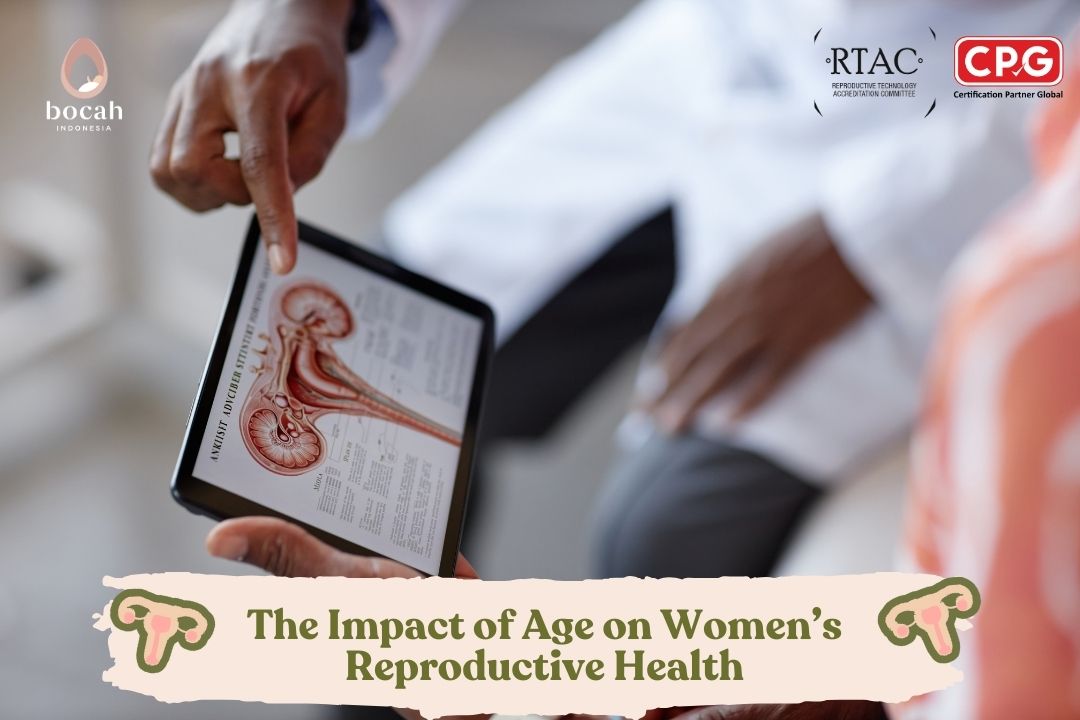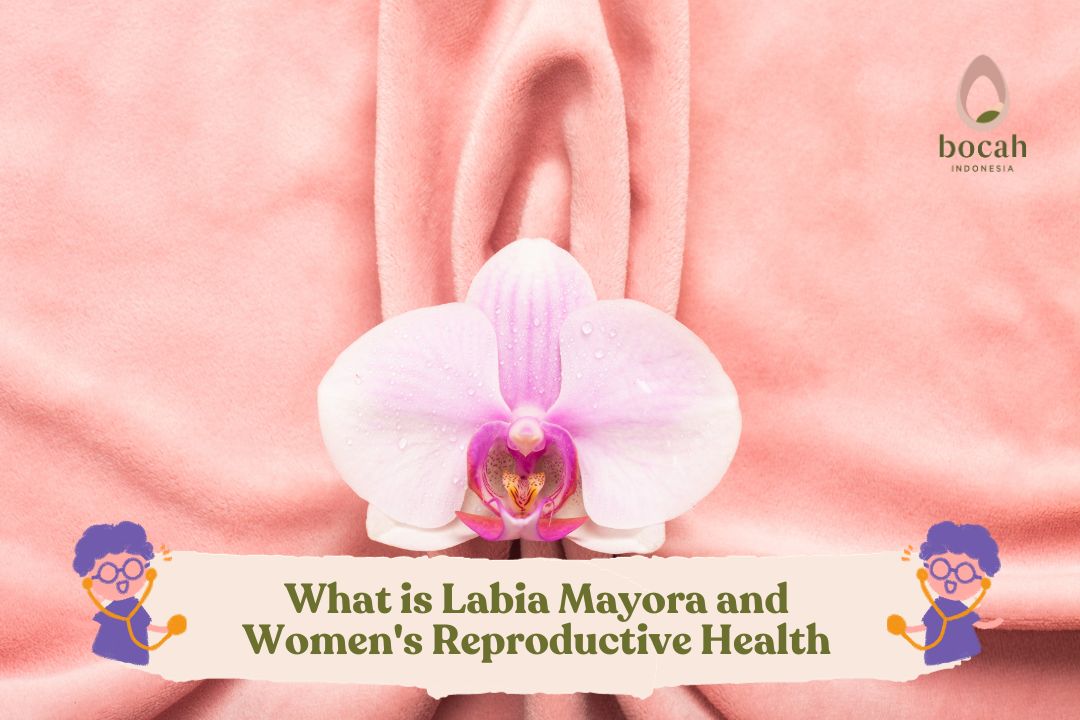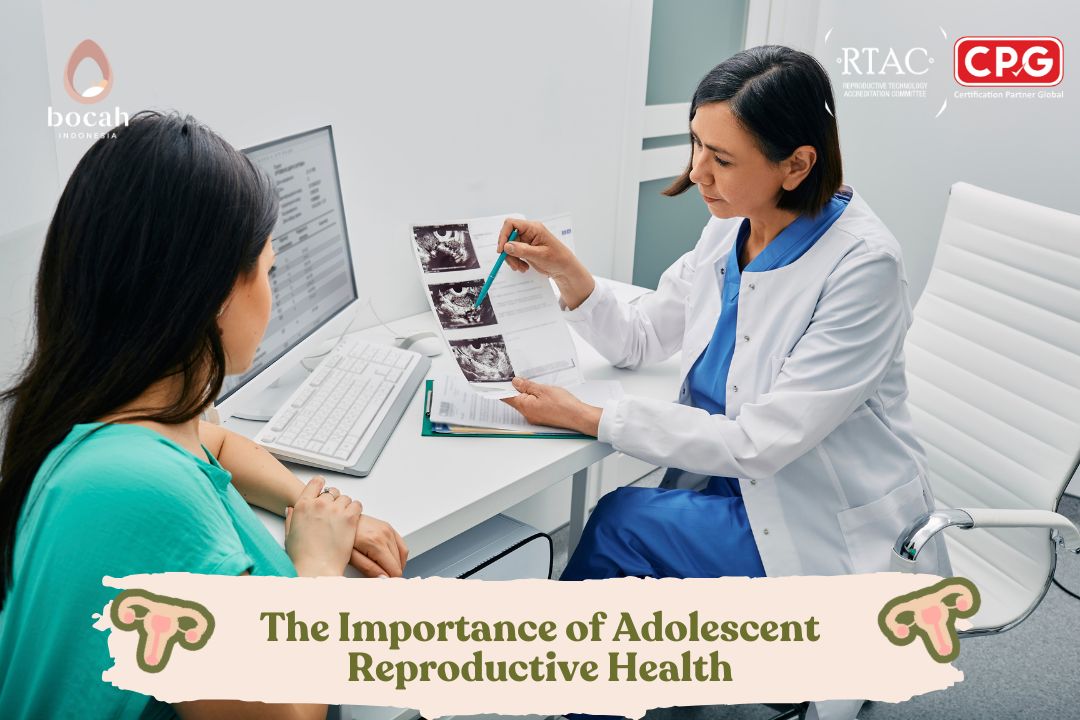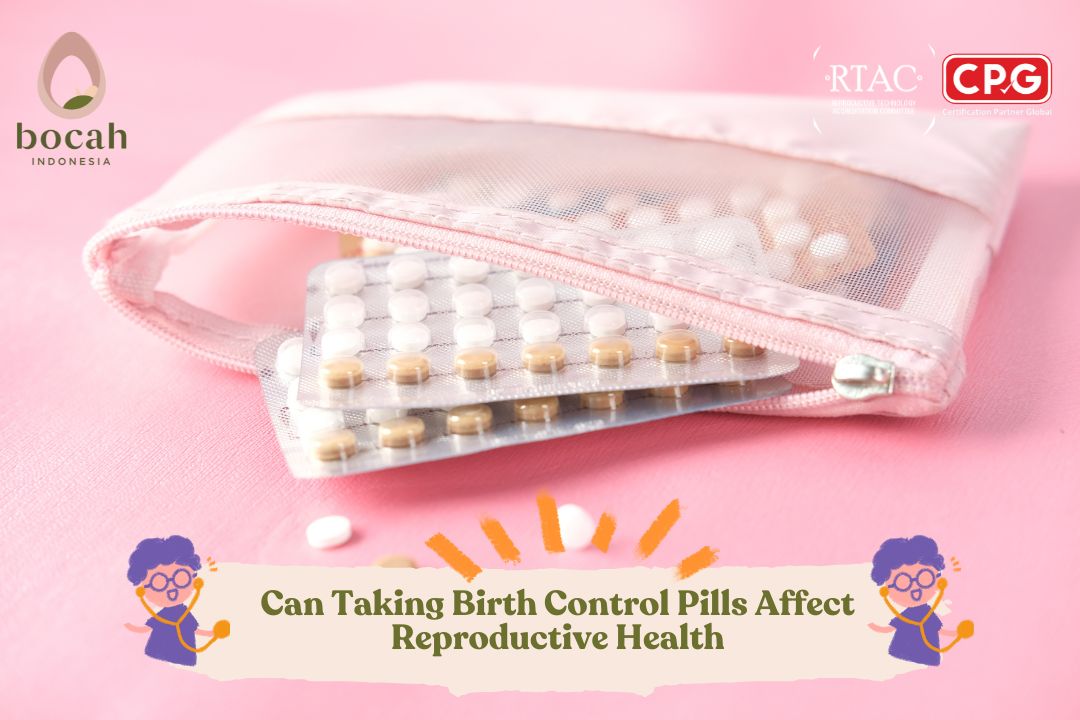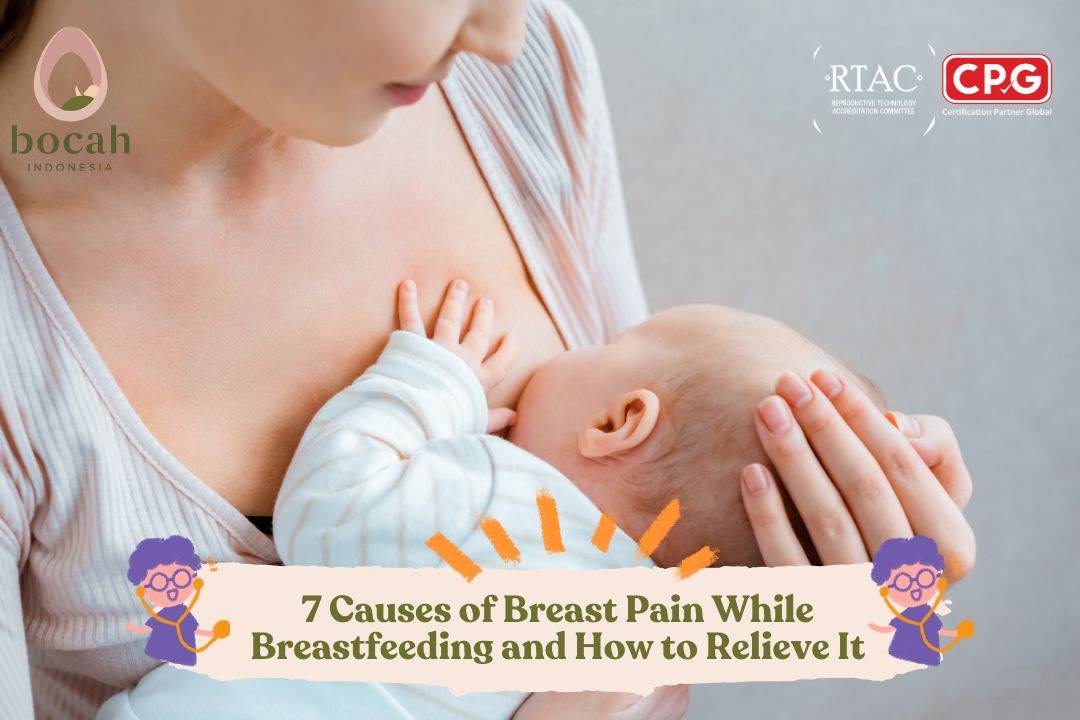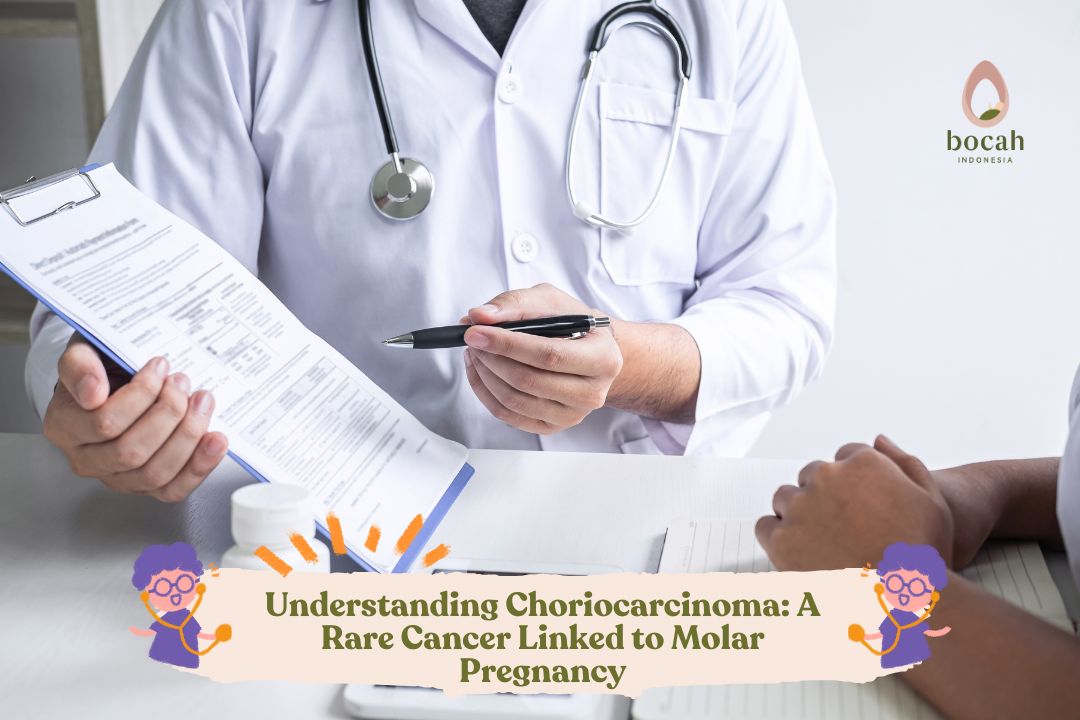The Impact of Breast Cancer on Reproductive Health
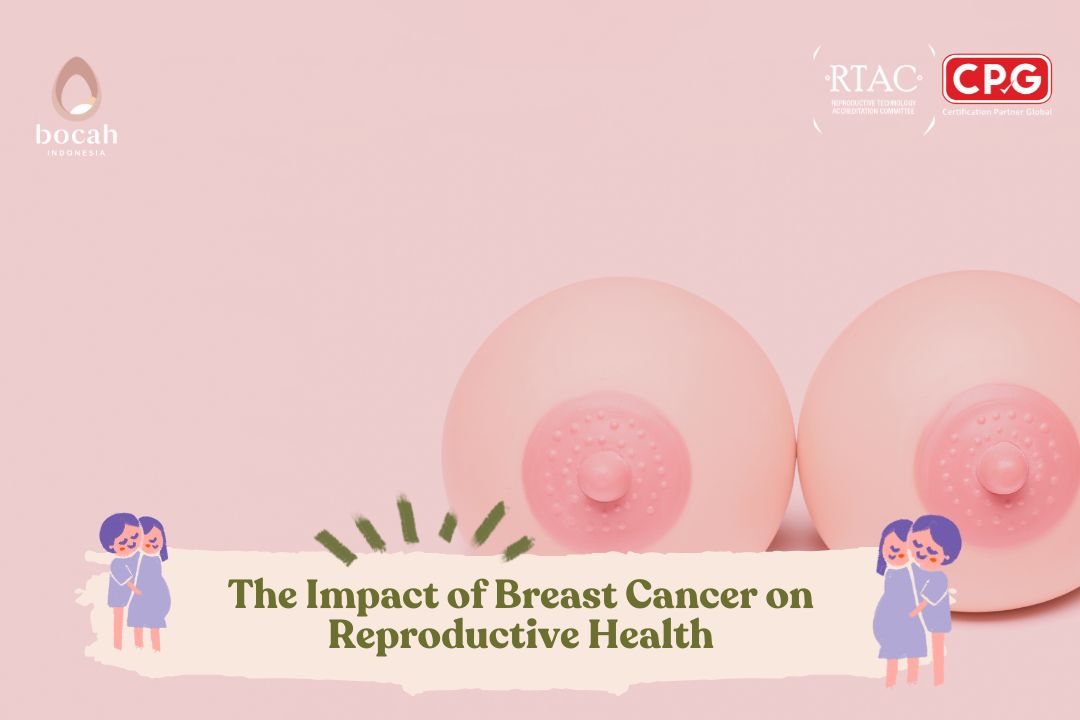
Breast cancer is a type of cancer that occurs in breast tissue and is malignant.
You might already be familiar with this severe and common type of cancer that affects women—breast cancer. This cancer develops when abnormal cells grow in the milk-producing glands (lobules) or the ducts that connect the glands to the nipple.
Abnormal tissue formed by these cells creates a mass or lump. At more advanced stages, these abnormal cells can spread through the lymph nodes and to other organs in the body.
Breast cancer is classified into two types: invasive and non-invasive. Invasive breast cancer occurs when cancer cells spread to other parts of the breast. Meanwhile, non-invasive breast cancer occurs when the cells remain confined to their original tissue. This condition is commonly found in women but can also occur in men.
Types of Breast Cancer
Breast cancer is divided into several types, with four most commonly occurring types:
Ductal carcinoma in situ (DCIS)
Mulai Journey of Hope
This type of cancer grows in the milk ducts but does not spread to surrounding tissues. Typically, it is an early-stage cancer that is easily treatable. However, if left untreated, it can spread to nearby tissues.
1. Lobular carcinoma in situ (LCIS)
LCIS is a type of cancer that develops in the milk-producing glands. Like DCIS, it does not spread to nearby tissues. However, LCIS in one breast can increase the risk of developing breast cancer in the other breast.
2. Invasive ductal carcinoma (IDC)
This type of breast cancer grows in the milk ducts and spreads to surrounding tissues. It can also spread to other parts of the body. IDC is the most common type, accounting for 70-80% of cases.
3. Invasive lobular carcinoma (ILC)
ILC develops in the milk-producing glands and spreads to surrounding tissues. It can also spread through the lymphatic system or bloodstream to other parts of the body. This type is relatively rare, accounting for only 10% of breast cancer cases.
Other less common types of breast cancer include:
- Angiosarcoma: Cancer that grows in the lymphatic system and blood vessels.
- Phyllodes tumor: Cancer that develops in the connective tissue of the breast.
- Paget’s disease: Cancer that starts in the nipple and spreads to the areola.
- Inflammatory breast cancer (IBC): A fast-developing breast cancer that blocks lymphatic vessels, leading to inflammation, redness, and swelling due to infection.
- Triple-negative breast cancer: A difficult-to-treat cancer that lacks estrogen (ER), progesterone (PR), and HER-2 protein receptors in tissue examinations.
4. Symptoms and Causes of Breast Cancer
The exact cause of breast cancer remains unknown. However, it may result from several factors, such as excessive weight, early onset of menstruation, or smoking habits.
Many women are unaware of breast cancer because it is difficult to detect in its early stages due to its small size. Lumps are often only noticeable when they grow large enough to be felt. Therefore, early detection is crucial to determine if a lump is cancerous.
Common symptoms of breast cancer include:
- A hard lump or mass in the breast tissue.
- Redness or enlarged pores on the skin of the breast (like an orange peel).
- Breast pain and swelling.
- Skin peeling around the breast area.
- Changes in the shape, size, or appearance of the breast.
- Nipple retraction (inversion).
- Lumps or swelling under the armpit.
Does Breast Cancer Affect Reproduction?
In general, breast cancer does not directly impact the reproductive system. However, it significantly affects reproductive function, either directly through the disease itself or indirectly due to its treatment.
Nevertheless, women with breast cancer can still conceive. A multidisciplinary approach involving oncologists, fertility specialists, and psychologists is essential to help patients make informed decisions about fertility and pregnancy after a breast cancer diagnosis.
Therefore, consulting a doctor about treatment options is highly recommended before planning a pregnancy.
That’s an explanation of breast cancer and its impact on reproduction. As of now, there is no conclusive research on the effects of breast cancer on fertility or reproduction. If you are planning to conceive while undergoing breast cancer treatment, consult your doctor immediately!
Source:
- National Cancer Institute. Reproductive History and Cancer Risk.
- Kobayashi, S., et al. (2012). Reproductive history and breast cancer risk. Breast Cancer. 2012; 19(4): 302–308.
- Hickey, M., et al. (2009). Breast cancer in young women and its impact on reproductive function. Human Reproduction Update, Volume 15, Issue 3, May-June 2009, Pages 323–339.


